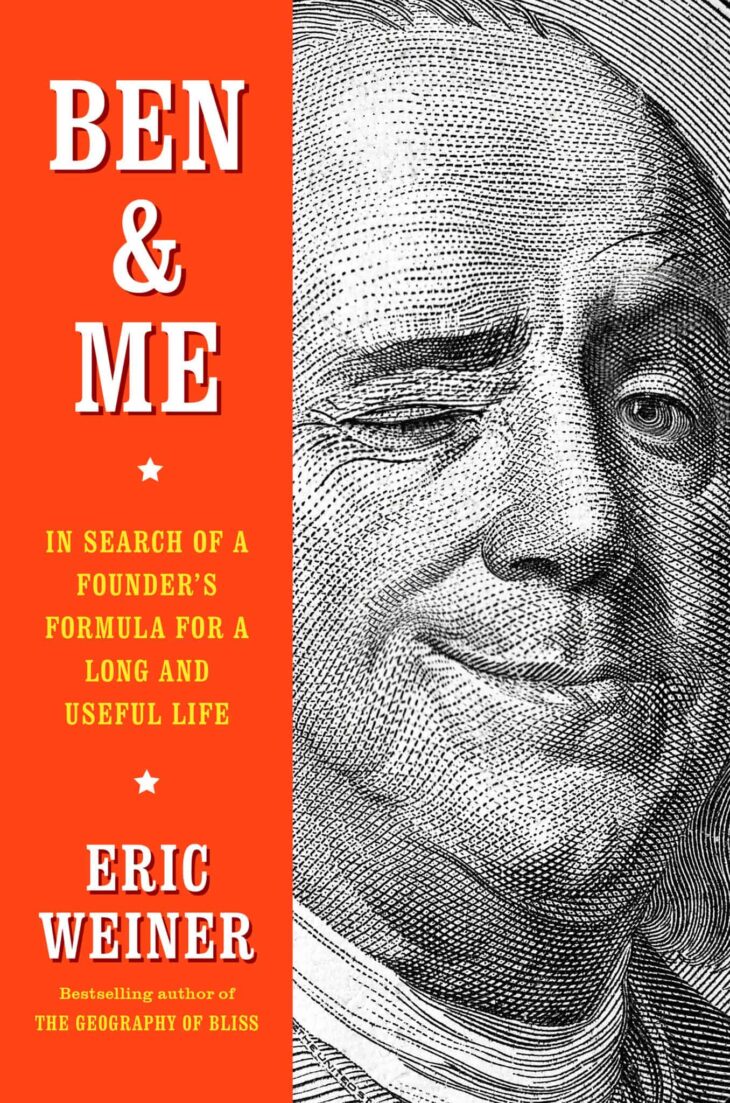
Eric Weiner’s new book (Ben & Me) comes out this month, and Politics and Prose is hosting some opening ceremonies on June 12th. I enjoy Eric’s work, and find this book to be a wonderful introduction to Franklin and a thoughtful exploration of his life, locations and lessons by a very companionable writer.
Reflections on Reading
I enjoyed this book very much: the research, the reflections, and the travel.
The research and presentation of Franklin’s life is insightful and laid out wonderfully. Every biography has its own charms: this one is maybe the friendliest to the subject and to the reader. Mr. Weiner recognizes Franklin’s shortcomings and buoyantly gets back up to the more important and interesting things: the treasures Franklin offers as a brilliant historical figure and as a person navigating his own life.
Mr. Weiner’s reflections ventilate the book throughout. We learn about the author’s personal situation and inner life as he explores. Like Franklin himself, this author doesn’t tell us what to think, but is perfectly honest and clear about his own perceptions of the “harmonious human multitude” of Benjamin Franklin.
The phrase “harmonious human multitude” comes from Carl Van Doren in 1938. This author adds a new distillation: “Franklin is the least dead of the founders.” Dr. Franklin left an endless bounty of personal and public correspondence. Generations of readers have preserved this, and written about him. Our own moment in history offers historical perspective, access to information, and relative ease of travel.
Uniquely, this author visited Franklin’s places, and tells us who and what he found there. This adds profoundly to his perspective, and to ours.
While we can admire Franklin (and rightly so), in many ways Franklin envies us – and rightly so. One of Franklin’s fantasies was to somehow come back in a century or two to see how things turned out. By studying, exploring, and sharing all this with us so companionably, Mr. Weiner carries out Franklin’s wish to look around in the future.
This author does not attempt to illuminate our entire historical time as much as his own inner life, for which I’m grateful, and in no way does he overpower Franklin. The balance promised by the ampersand in the title is delivered, and it miraculously moves along, to use one of our favorite terms, swimmingly.
What a pleasure. What a fine contribution to our Franklin literature.
